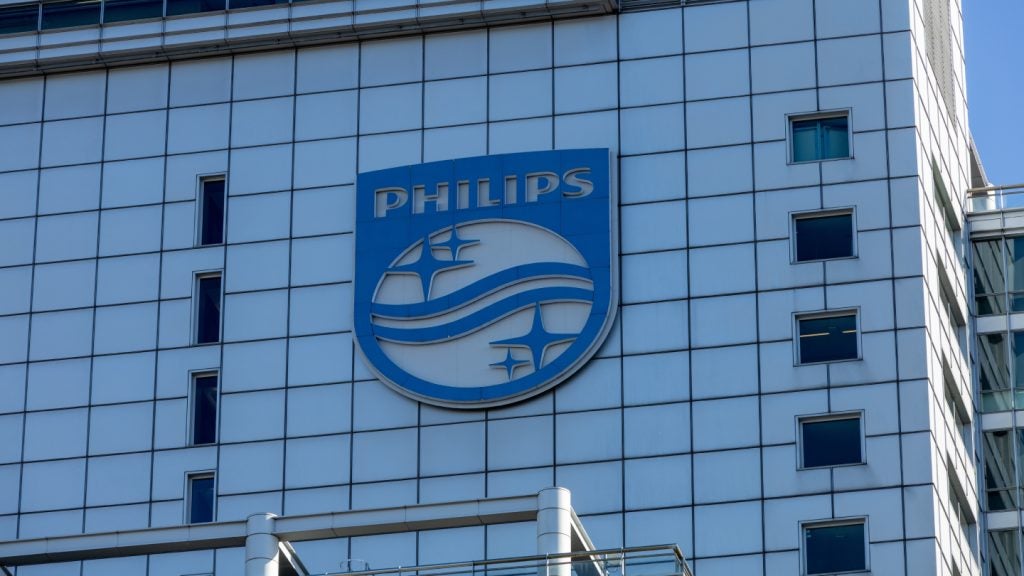Philips has been dealt another blow to its ventilator business after the US Food and Drug Administration (FDA) initiated another recall, due to a power malfunction that would cause its Trilogy EVO Continuous Ventilators to fail.
The FDA issued the recall notice for the company’s Trilogy EVO, Trilogy EV300, Trilogy Evo O2, and Trilogy Evo Universal devices.
Philips is urging users to update the software on their devices after it was found that a “battery depleted” or “loss of power” alarm would appear while sufficient power is still available, resulting in a sudden loss of ventilation.
The only devices of the Trilogy EVO series not affected by the failure are ventilators with the software version 1.05.06.00 installed. Complaints to the FDA found that the software algorithm that calculates remaining battery life can malfunction and cause the ventilator to either issue a “loss of power” alarm that stops assisted breathing support therapy while operating on battery power alone or a “battery depleted” alarm while continuing therapy if plugged into a permanent power source.
The FDA says that this is only liable to occur if the ventilator is operating in CPAP (continuous positive airway pressure) or PSV (pressure support ventilation) mode, and if the ventilator is not able to detect the respiratory effort of the patient for at least ten minutes and 45 seconds. It added that the use of the affected ventilators may result in ventilator power down and no delivery of therapy to the patient, even though the battery is not depleted, resulting in the chance of causing serious adverse health consequences, including hypoventilation or death.
After the FDA notified Philips, it issued all affected customers an Urgent Medical Device Correction Notice urging them to update the device software to the latest version to avoid the chances of a system failure. It also suggests that they ensure the backup ventilation is switched on and the apnea interval setting is correct and appropriate based on the clinical assessment of the patient.
It comes as Philips is involved in a series of Class I recalls, stemming from its ventilator, CPAP and sleep apnoea devices in which it was found that the breathing tubes comprised polyester-based polyurethane foam would break down allowing debris to free float through the system.
Recently, the Dutch medtech company was forced to pay $1.1bn to settle the personal injury claims and medical monitoring class action lawsuit brought against it for repeated failure of its devices.









